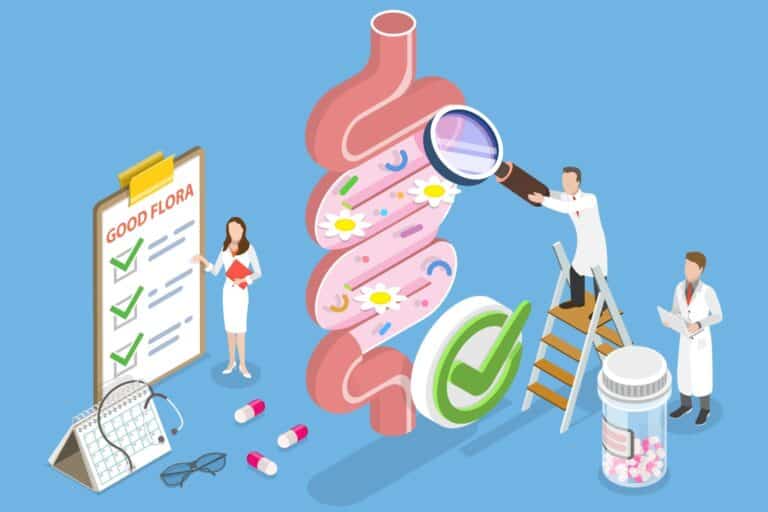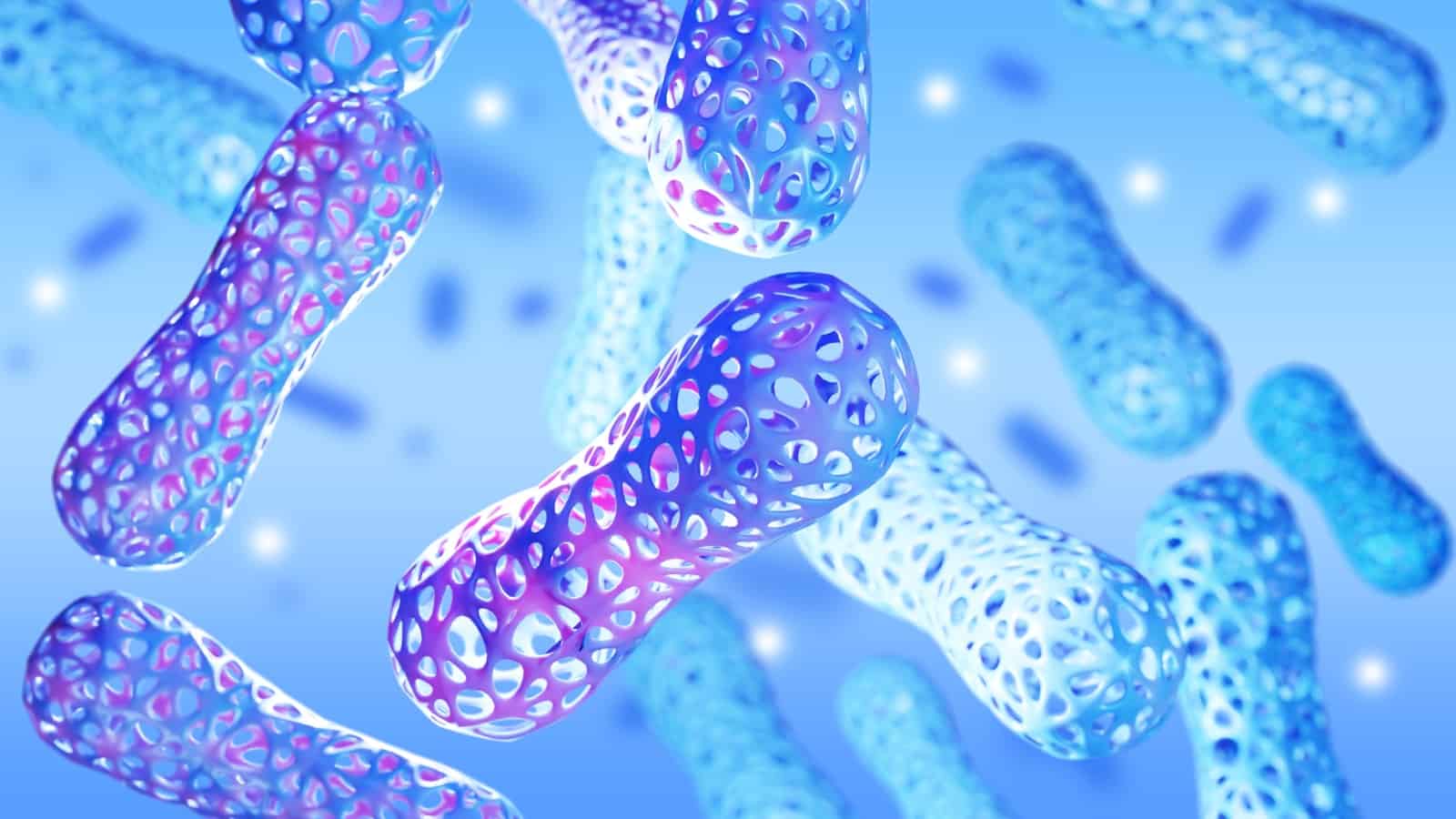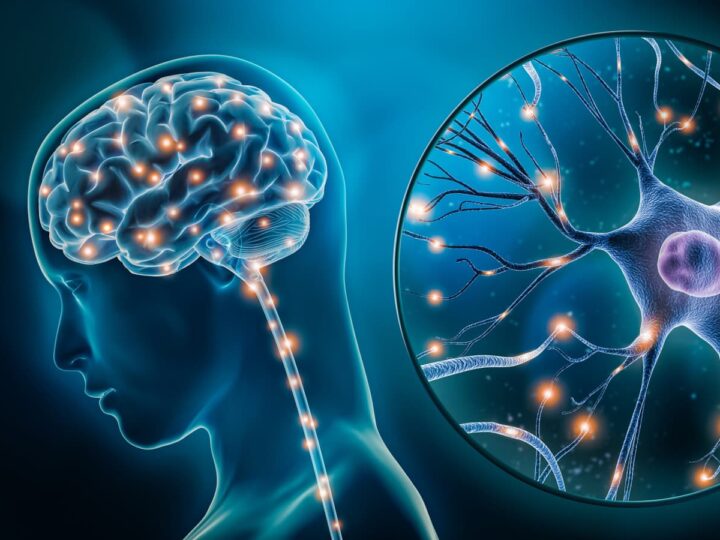Researchers say they have uncovered “compelling evidence” that people with autism spectrum disorder (ASD) share an abnormality in the bacteria and other microorganisms that live in their gut.
They also suggest that fecal microbiome treatment – also known as a “poop transplant” — could significantly improve quality of life for people with ASD, both in terms of physical health and social behavior.
Experts at Israel’s Bar-Ilan University took part in a global study into links between ASD and the “gut-brain axis” (GBA) – the biochemical line of communication between the gastrointestinal tract and the central nervous system.
Anomalies in the gut microbiome — a community of trillions of bacteria, viruses, fungi and other life forms that live in our digestive tract — are common to people with ASD.

Previous studies have already established that the microbiome can influence many neurological disorders such as autism, which affects one in every 68 people globally.
Researchers at Bar-Ilan reference successful pilot studies involving fecal microbiome treatment – in which a donor’s stool full of healthy bacteria (microbiota) is transplanted into the colon of a person with less healthy bacteria.
These transplants haven’t only resulted in improved gastrointestinal health (a problem that is more prevalent among people with ASD). They also demonstrated neurobehavioral improvements — the way the brain affects emotion, behavior, and learning — including repetitive and social behaviors that are typical traits of autism.
“Our collaborative study presents a significant breakthrough, revealing the profound influence of the gut-brain axis on the biology of autism,” said Prof. Evan Elliott, of the Azrieli Faculty of Medicine at Bar-Ilan.

Elliott and colleague Omry Koren were among the co-authors of the study, which was published on June 26 in Nature Neuroscience and was partially funded by Teva Pharmaceuticals.
“The correlation between microbiome alterations and immune system markers provides valuable insights into how the gut microbiome may influence the health of individuals diagnosed with autism,” Elliott said.
“Additionally, the success of fecal microbiome treatment in modulating relevant microbial species represents a promising avenue for future therapeutic interventions.”
The research team says the implications of its findings are far-reaching. The next step is to identify those people with ASD who are most likely to benefit from microbiome-related treatments.
That will involve identifying specific markers of gut-brain abnormalities. To that end, they are planning in-depth analysis in cooperation with the Israel Autism Biobank and Registry.















